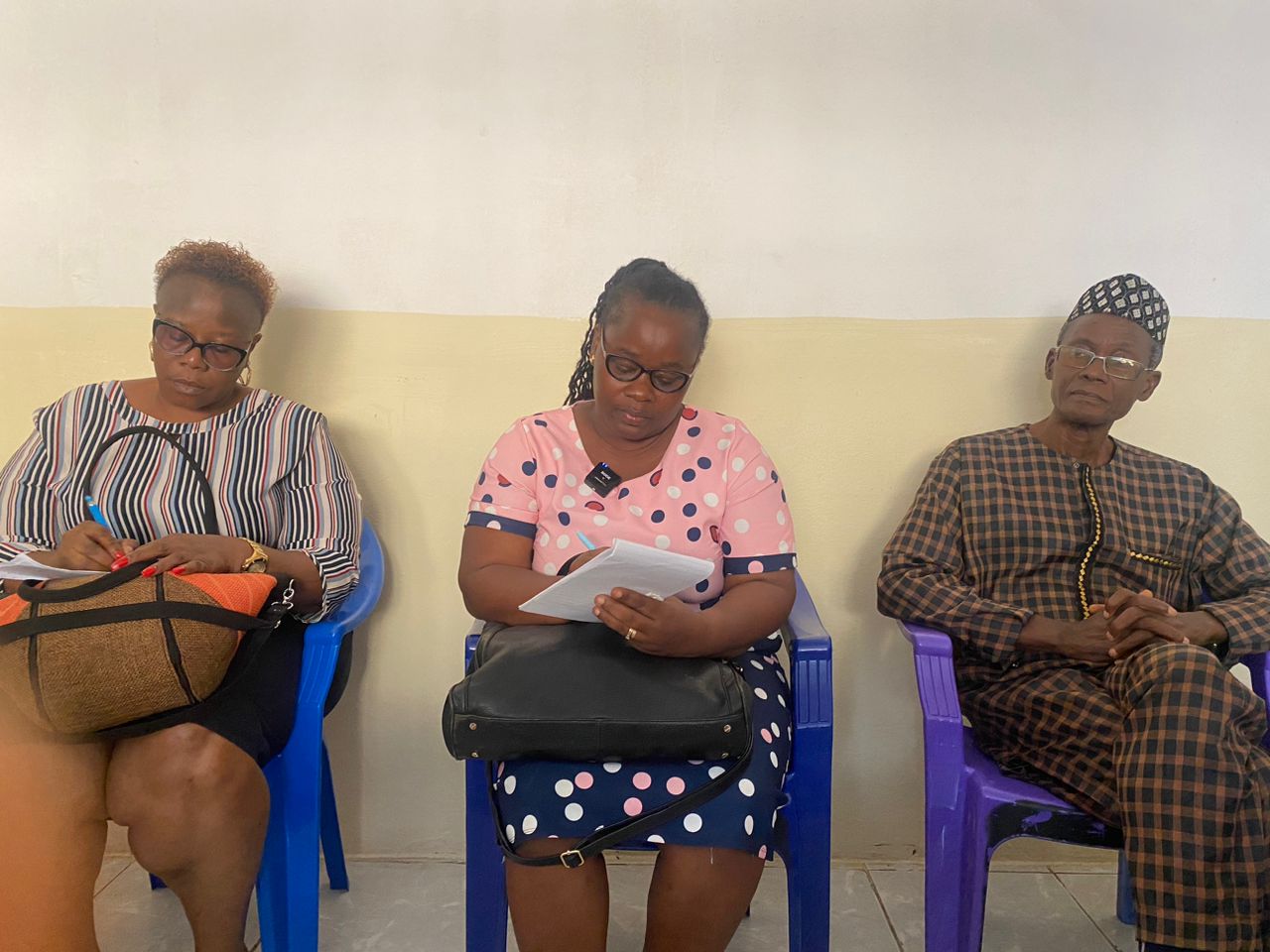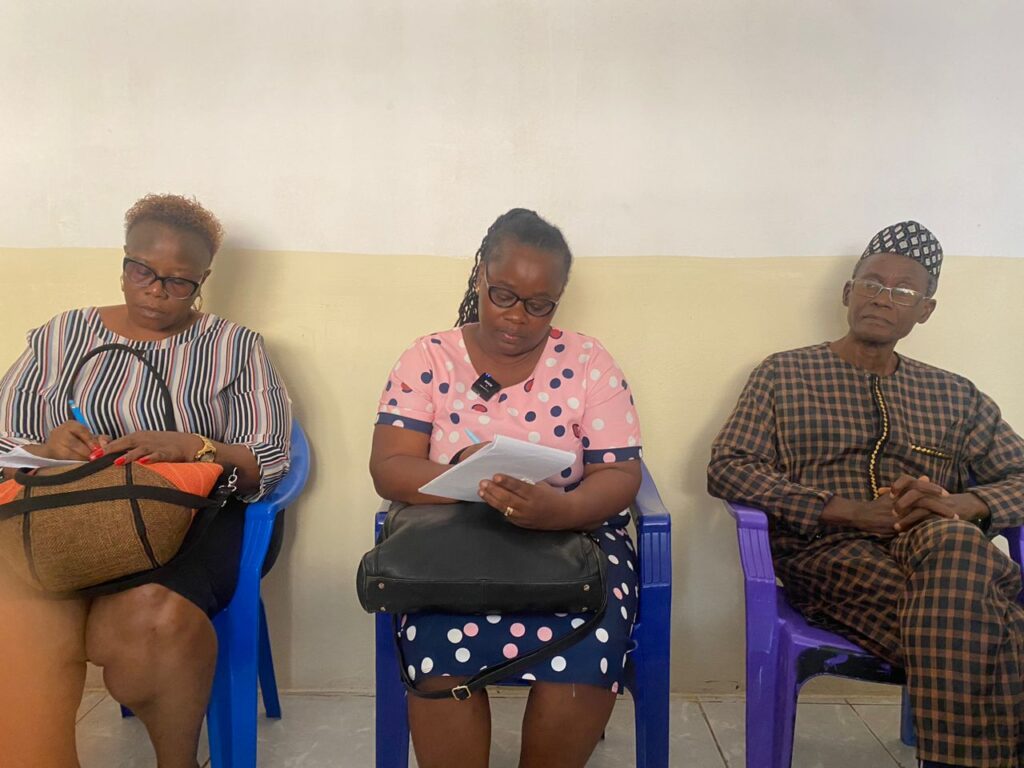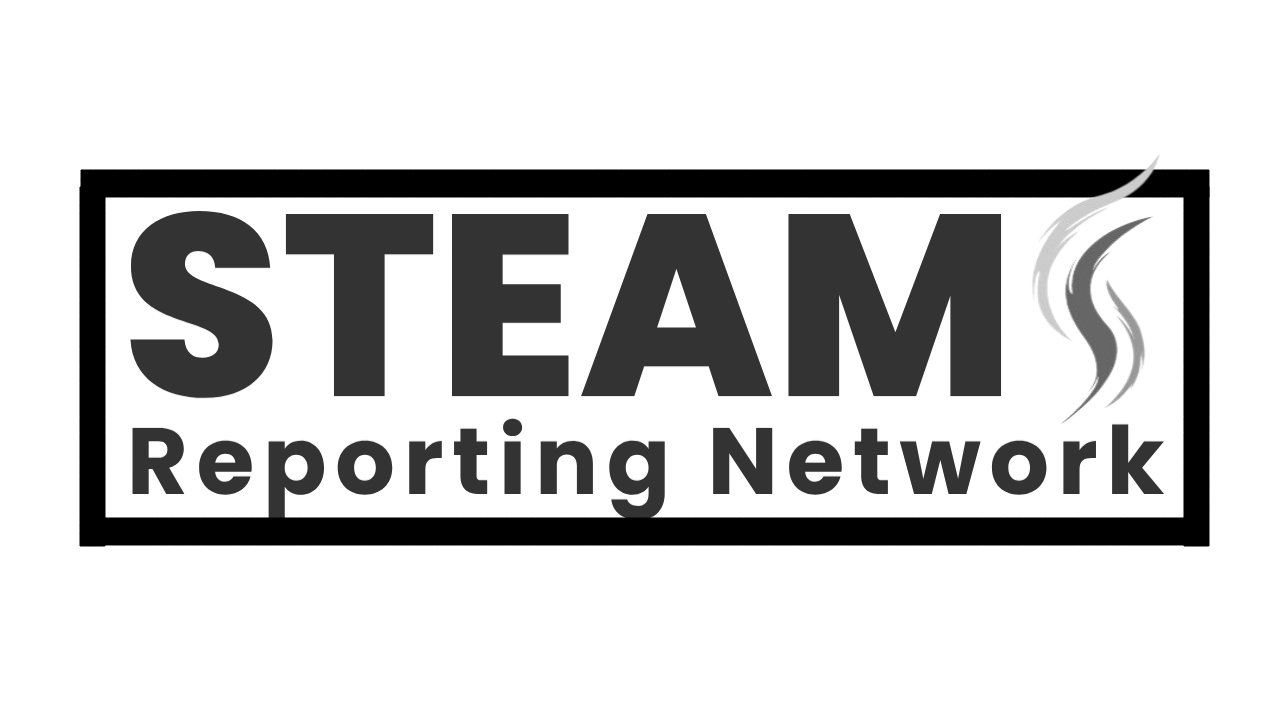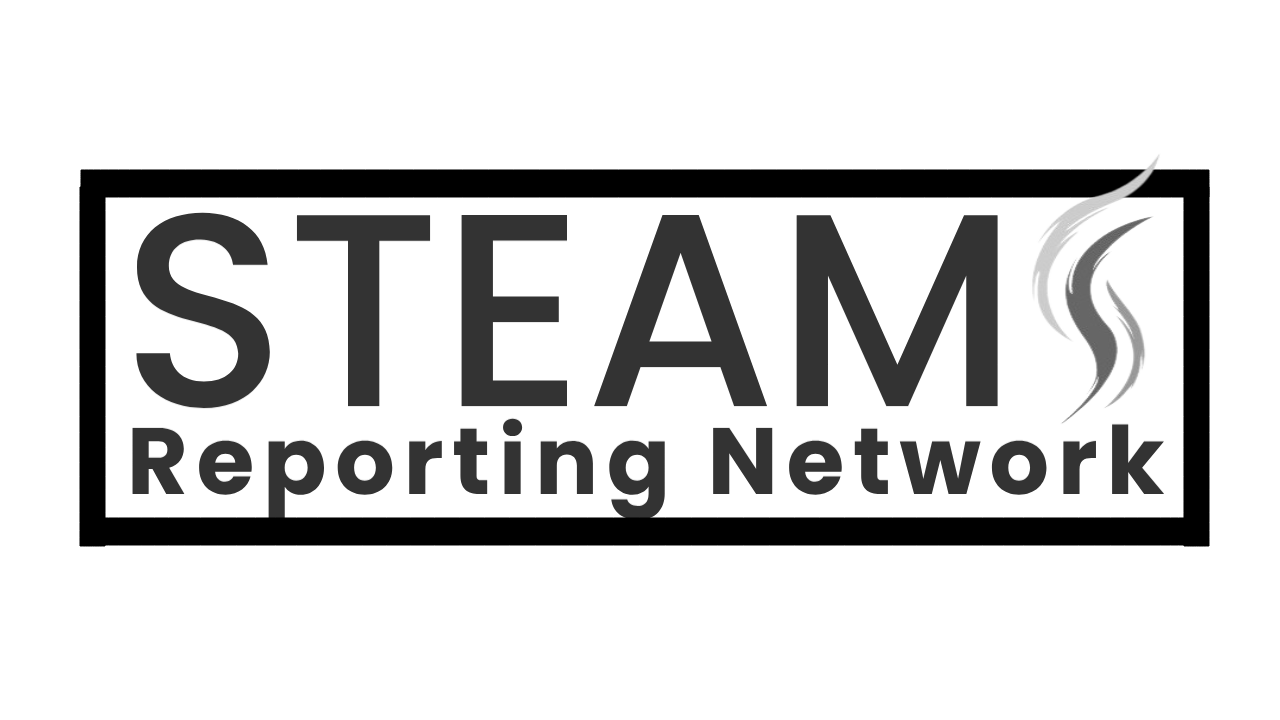
By Kemo Cham
The first ever media café to be held in Sierra Leone concluded in Freetown on Friday, December 22, amid calls for more and improved health reporting in the country.
Health workers and religious leaders involved in efforts to promote vaccine confidence met with a selection of health reporters drawn from various media houses in the capital city to discuss ways to dispel rumours and misconceptions hindering public acceptance of the lifesaving commodities, with particular focus on Covid-19 vaccines.
Media Science Cafes are a growing phenomenon, organized with the aim of providing members of the public the opportunity to interact with scientists in a casual, nonprofessional setting.
The Freetown media science café was organized by Internews, through the Internews Health Journalists Network (IHJN), in collaboration with the Christian Health Association of Sierra Leone (CHASL).
Science journalist, Kemo Cham, who is also Editor of ManoReporters and a member of IHJN, hosted the event which was held in the conference room of Social Workers Sierra Leone along Siaka Steven Street.
Two separate events were held, each bringing together 20 journalists and two sets of three different guests – a religious leader, a health worker and a civil society campaigner involved in the promotion of Covid-19 vaccines and vaccines for other preventable diseases.
Mr Cham said the gathering not only provided an opportunity for the journalists, health workers and religious leaders to discuss issues of common interest, but it also created a platform to recruit and train a dedicated core of journalists focusing on health reporting.
“The threat of Covid-19 is still upon us, and because of widespread misconceptions, uptake is low. Public awareness is required to change that and journalists are crucial in this regard,” said Mr Cham.
The media café was organized as part of an initiative to promote Covid-19 vaccine equity in Africa. It explores faith-based approaches, with the goal of getting more shots in arms and help prevent further spread of the disease and the emergence of new variants.
The two-year programme which commenced late last year, dubbed “Promoting COVID-19 Vaccine Equity through Faith-based Networks in Africa” or (COV-FaB), is being implemented by the US-based IMA World Health, with funding from the Osprey Foundation.
IMA is collaborating with the Africa Christian Health Associations Platform (ACHAP) in the initiative, which is designed to strengthen the targeted Christian Health Associations with a focus on Sierra Leone and Zimbabwe. The objective is to advance COVID-19 vaccine demand and delivery through their expansive rural health facility networks.
Through IMA’s technical support, the Christian Health Associations work with their local ministries of health and engage faith leaders as “champions” for vaccine uptake. Together, they mobilize communities to offer support for vaccine outreach programs.
Internews helps the Christian Health Associations to develop evidence-based media and communications strategies to support training of local health journalists, improving science-based journalism, with the goal of avoiding disinformation, particularly in reporting on COVID-19 and vaccine efficacy.
Overall, COV-FaB intends to help strengthen capacity throughout the partner organizations to ensure preparedness for future health emergencies.
In Sierra Leone, Internews is supporting CHASL in developing contextualized communications strategies which build vaccine literacy and confidence at the community level and provide opportunities for collaboration between journalists, faith leaders and health professionals in delivering reliable, culturally sensitive public health communications.
Martha Kanu, Programme Manager of CHASL, said at the event on Thursday that the project had revealed the persistence of a lot of misconceptions which require public awareness to change them.
“Journalists can make a huge difference as you have the platforms to pass the message in a way that we cannot do it,” she said.
CHASL is the coordinating body of 43 Christian health institutions in Sierra Leone, and it complements the Government’s efforts with its vison to ensure that everyone living in the country has access to good quality health care facility through its network of health facilities that spans across 14 of the 16 districts of the country.
According to the organization, it provides approximately 30% of health care services across Sierra Leone, making it the second largest health service provider in the country.
Princess George, a health worker, outlined the role of her institution in the efforts to promote vaccine confidence, noting that despite successes in many of their target communities, fake news continues to pose a huge challenge to expanding the gains.
“Attitude among some communities is still a big challenge and we think that it is because of lack of proper information” she said, adding: “If they have the right information, they will fully accept the vaccines.”
Also engaging the journalists on the first day of the media café was Muslim cleric and Imam, Alhaji Momodou T. Koroma, who spoke on the Muslim view of protection against diseases.
Imam Koroma cited Quranic verses that march scientific messages promoting the idea of vaccination against preventable diseases.
All the guests had time to engage the journalists on a wide range of issues, including misconceptions about the way the press operates. Both sides sought clarifications on how they each operate, thereby paving the way for future collaboration.


